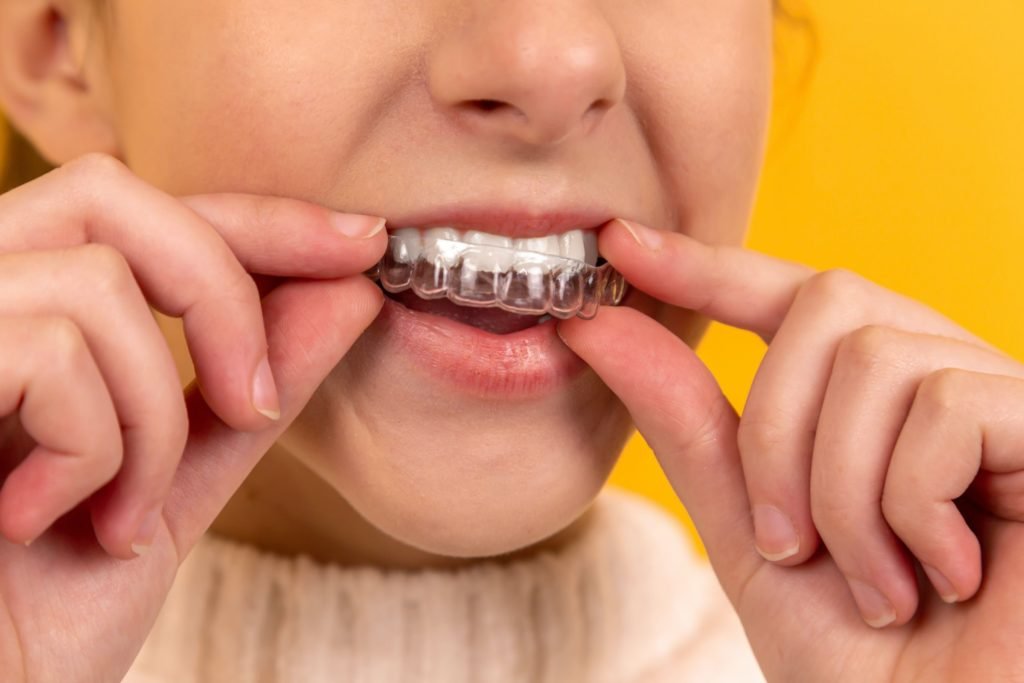Dental cavities cause discomfort that is usually experienced while eating or drinking. If you want to keep your teeth in good condition, set up a dental visit every 6 months. Filling is a procedure that is intended to treat cavities. Do you know what to do and what not to do after you get one? Here are some helpful tips that will help you avoid complications.
Eat with caution
Contemporary methods of dental treatment allow patients to eat and drink almost immediately. Dentists, however, suggest safe food options right after the treatment, which include meals of a soft consistency. Scrambled eggs, soups, and soft cheeses are acceptable and you can eat them at any time. In order to be more cautious, wait for any swelling and pain to decrease to make sure you can eat your favorites without hesitation.
Avoid hard, sticky, and chewy food
There are many types of fillings that harden differently. For example, a composite white filling hardens immediately, which allows you to eat any kind of food you like. In other cases stick to your dentist’s advice and for the next 24 hours avoid meals and snacks that are chewy, sticky, or hard.
Take pain relievers if you feel any discomfort
Fillings may cause pain that may sometimes get difficult to endure. Therefore, do not hesitate in taking painkillers when you feel mild or moderate pain after your dental visit. The pill usually helps to get through the first twenty-four hours. However, if the pain lasts longer, you should contact your dentist to check if there is not any infection developing in your mouth.
Would you like to get a complete treatment without any pain? Consider tannlege i utlandet, especially in Indexmedica, Kraków, where skilled dentists take complex care of their patients. Innovative equipment and years of experience will give you a comfortable dental treatment at a great price. Compare overall costs and spoil yourself with a bit of traveling!
Do not eat or drink while anesthetics are still in effect
It is completely understandable that many people want anesthetic while their dental treatment. Remember not to take beverages or food before the anesthetic wears off. If you do so, you may unconsciously exert unwanted pressure on the filling, as well as bite your tongue, inner cheeks, or lips.
Floss and brush your teeth
There are no contraindications when it comes to flossing and brushing your teeth after fillings. For the first day just try to do it more gently than usual, but do not avoid it, as it is a vital part of oral hygiene.
Do not grind on your teeth
Teeth grinding usually affects the durability of your dental fillings. If you are able to control it, it will prevent you from another dental visit. Many people grind their teeth while sleeping and this activity just happens involuntarily. Seek medical help or ask the dentist for a special mouth guard that will protect your teeth for a couple of nights.
Looks difficult to follow? Not at all! Generally, you just need to be extra cautious on the first day after your dental treatment. Your fillings will harden completely and protect teeth from further tooth decay.


